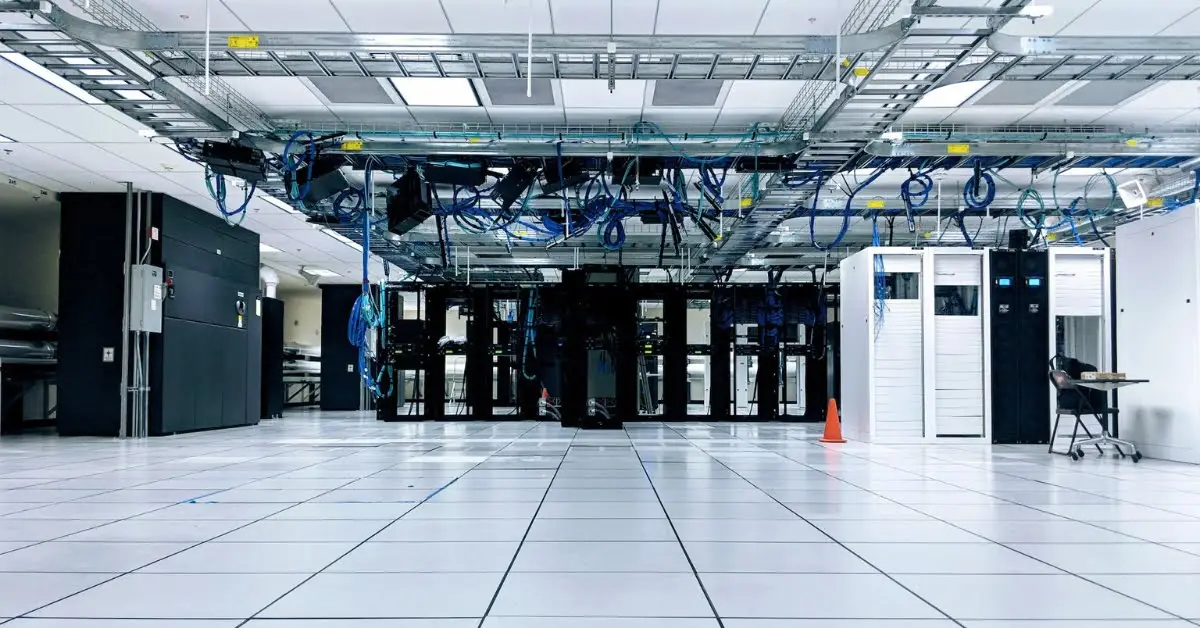Client-Server Network TL;DR Takeaway
- A client-server network is a network model that divides the tasks between clients and servers.
- A client-server network provides security, scalability, and reliability for the network.
- A client-server network differs from other network models such as peer-to-peer networks.
Have you ever wondered how web browsers can access web pages from different websites? Or how email clients send and receive messages from different email servers? That’s all thanks to Client-server networks.
The Client-server network is one of the most popular and widely used network models in the world.
It enables many users to share and access resources and applications on the network.
It also provides security, scalability, and reliability for the network.
Want to know more about it? Then keep reading, because we’ll answer further questions.
What is Client-Server Network and How Does It Work?
A Client-server network is a network model that partitions the tasks or workloads between the providers of a resource or service, called servers, and the requesters of a resource or service, called clients.
Clients and servers can be separate hardware devices or software programs.
Clients and servers do also communicate over a network using a common protocol.
A protocol is a set of rules and formats that define how data is exchanged between devices or programs.
For example, HTTP is a protocol that defines how web browsers and web servers communicate.
Clients initiate communication sessions with servers, which wait for incoming requests.
Clients send requests to servers, and servers send responses back to clients.
This exchange of messages is an example of a request-response communication pattern.
For example, when you type a web address in your browser, your browser sends a request to the web server that hosts the website, and the web server sends back the web page as a response.
Clients and servers can perform different functions depending on the type of service they provide or request. Some of the common types of client-server services are:
- Web service: A web service allows clients to access web pages and other web resources on the internet. A web browser is a client program that requests and displays web pages from a web server program.
- Email service: An email service allows clients to send and receive electronic messages over the Internet. An email client is a client program that sends and receives email messages from an email server program.
- File service: A file service allows clients to store and retrieve files on a remote server. A file client is a client program that uploads and downloads files from a file server program.
- Database service: A database service allows clients to query and manipulate data stored on a remote server. A database client is a client program that sends queries and commands to a database server program.

Client-Server Network Advantages & Disadvantages
Client-server network has many advantages and disadvantages compared to other network models.
For example, it provides better Security, Scalability, and Reliability than other network models because servers can actually access resources and applications on the network, as well as handle multiple requests from multiple clients, and backup data to recover from failures. But it also has disadvantages, such as:
- Cost: Client-server network requires more cost than other network models because servers need more hardware, software, maintenance, and administration than clients.
- Complexity: Client-server network requires more complexity than other network models because servers need more configuration, coordination, and management than clients.
- Dependency: Client-server network creates more dependency than other network models because clients rely on servers for services and resources. If servers fail or become unavailable, clients cannot access the services or resources they need.

